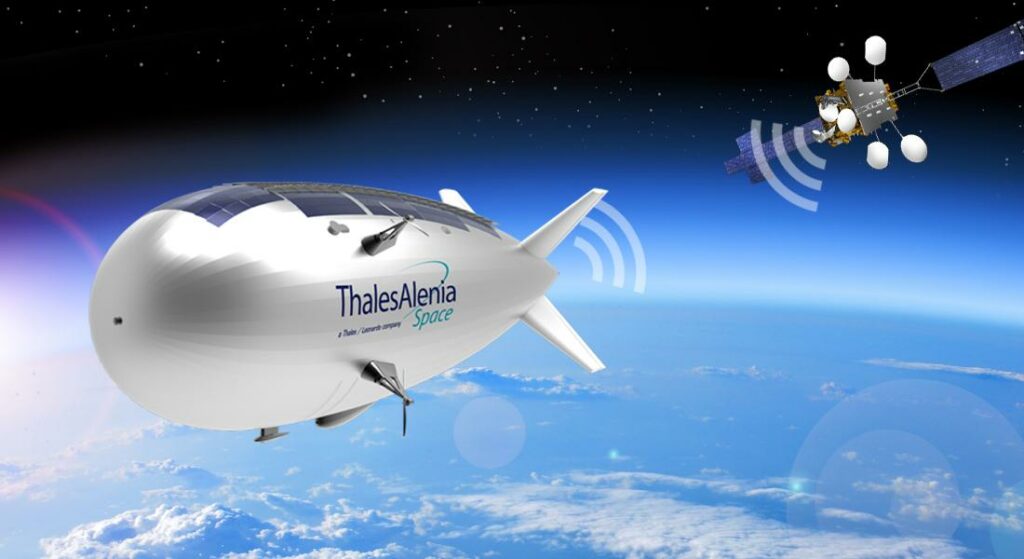



Sion Power has successfully tested its Licerion High Energy (HE) lithium-metal rechargeable batteries, designed for unmanned aerial vehicles (UAVs) such as high-altitude pseudo satellites (HAPS) and high-altitude long-endurance (HALE) platforms. Providing an energy density of 500 Wh/kg (1000 Wh/L), Licerion-HE batteries have been engineered to enable longer mission times and higher payload capacities for extended-endurance UAVs.
Sion Power has designed the Licerion-HE for use in UAV platforms that use photovoltaic cells mounted on the surface of the aircraft to recharge batteries. The new technology also addresses other application requirements such as minimal weight burden from battery packs, high gravimetric energy density, and slow cycling.
To test the capabilities of the Licerion-HE, Sion Power has collaborated with Thales Alenia Space-France, working to determine the ability of the technology to meet the requirements of the Thales Stratobus. Stratobus is a stratospheric multi-purpose unmanned airship that uses a combination of solar energy and battery storage as its power source.
Frederic Beziat, Stratobus Energy Storage Manager at Thales Alenia Space-France, commented: “Sion Power cycled their cells following the Stratobus flight profile for over a year, and the results were impressive. The Licerion cells completed 1000 cycles, which means the Stratobus could stay aloft continuously for more than two years. The high energy density of the Licerion cells can provide all the energy needed without compromising payload capacity.”





Related Posts
Schiebel to Establish Dedicated UK Entity Expand Defence Operations
Alpha Unmanned Parallel Flight Partnership Targets Long-Endurance Heavy-Lift UAV Operations
Sunhillo to Provide Surveillance Data Fusion for MICH-AIR BVLOS System